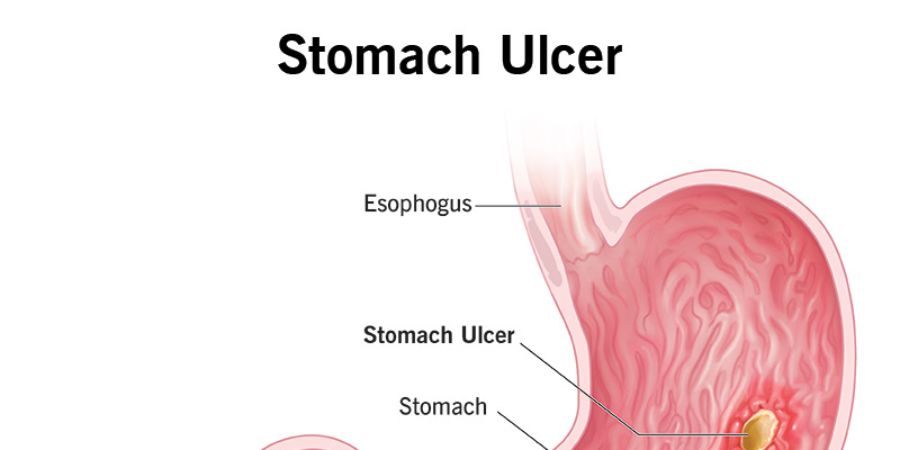

2. Deglycyrrhicined Licorice Declycyrrhicined licorice is an old licorice with a sweet taste. However, eating licorice does not have this effect. Too much licorice candy can be bad for some people. Consuming more than 2 ounces daily for more than 2 weeks can exacerbate existing heart problems and high blood pressure.
3. Probiotics Probiotics are live bacteria and yeasts that provide healthy and important microorganisms to the digestive track. They are found in many common foods, especially fermented foods. These include: buttermilk, yogurt, miso, kimchi, kefir. have shown that probiotics may help kill H. Increased recovery rate for people with H. pylori and ulcers when added to conventional antibiotic therapy.
4. Honey Honey can contain up to 200 elements, including polyphenols and other antioxidants, depending on the plant. Honey is a powerful antibacterial agent. H. It has been shown how to inhibit the growth of Helicobacter pylori. As long as your blood sugar is normal, you can enjoy like any other sweetener and have the added benefit or relieving ulcers.
5. Garlic Garlic extract has been proven to inhibit H. pylori increase in lab, animal and human trials. If you don't just like the taste of garlic, you could take garlic extract in complement form. Garlic acts as a blood thinner, so ask your medical doctor earlier than taking in case you use warfarin different prescription blood thinners or aspirin
6. Cranberry Cranberries helped reduce UTI by preventing bacteria from colonizing the bladder wall. Cranberries and cranberry extracts may also help in the fight against H. pylori. Certain consumption of is not associated with relief. Too much cranberries can cause stomach and intestinal upset due to their high sugar content, so start with a small amount and gradually increase. Many commercial cranberry juices are significantly sweetened with sugar or high fructose corn syrup and may add empty calories. Avoid these juices by buying juices sweetened with just other juices.
